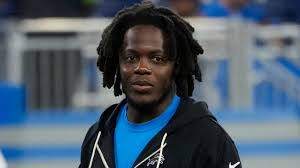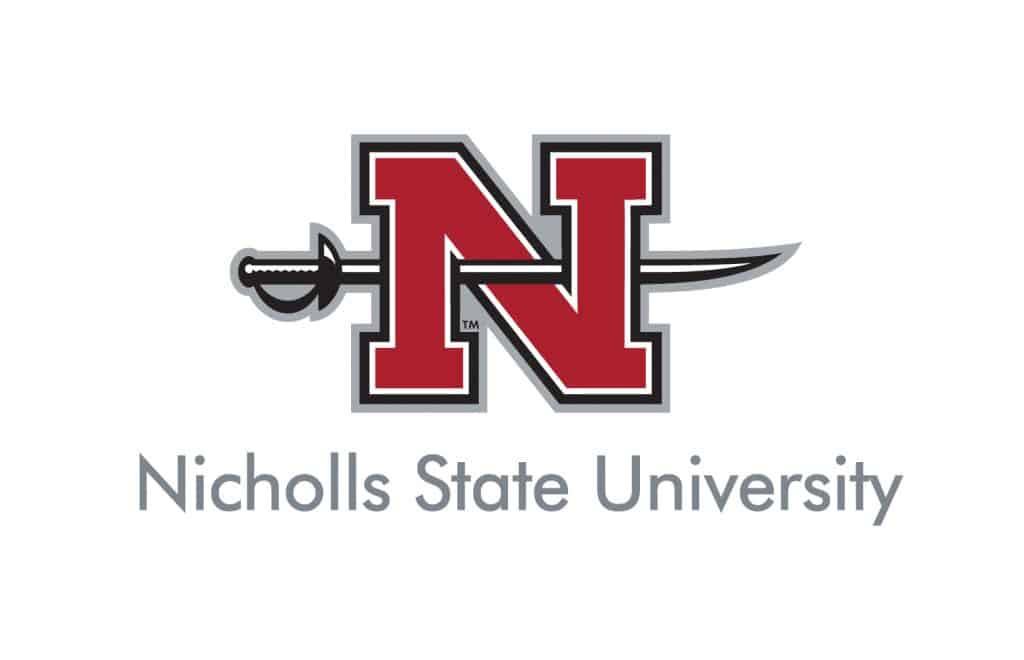July 14, 2025 | In a move that has sparked passionate debate across the high school football landscape, Miami Northwestern High School has suspended head football coach and former NFL quarterback Teddy Bridgewater for violating school policy by providing what have been deemed “impermissible benefits” to his players.
Bridgewater, a Miami native and former standout at the University of Louisville before enjoying a nine-year NFL career, was suspended after reportedly covering the cost of Uber rides, post-practice meals, and recovery treatments for several players during the 2024 season—all paid out of his own pocket.
At the heart of the suspension is a controversial interpretation of school policy and district guidelines regarding financial support and player welfare. While Bridgewater’s actions technically breached regulations designed to prevent pay-to-play advantages or recruiting violations, many within the football community are calling this decision a tone-deaf punishment for what amounts to an act of compassion.
The Charges and Context
According to multiple sources close to the program, Bridgewater stepped in to help players who lacked reliable transportation, proper nutrition, and basic access to recovery services like physical therapy and massage following games or practices. These services were not provided by the school but were deemed essential by Bridgewater to maintain player health and competitive edge.
Bridgewater, known for his humility and deep ties to the Liberty City community, has reportedly covered hundreds of dollars in expenses for players—ranging from rideshares to healthy meals. One source familiar with the situation said, “He never wanted credit for it. He just wanted to make sure these kids could show up, compete, and take care of their bodies the way college and pro athletes do.”
The Fallout
Miami-Dade County Public Schools issued a brief statement confirming Bridgewater’s suspension, citing a violation of Florida High School Athletic Association (FHSAA) rules regarding impermissible benefits. The district added that an internal review would determine further action, though no timeline has been provided.
Parents, players, and alumni have reacted with anger and disappointment. One parent of a current Northwestern player said, “Teddy’s done more for these boys than any coach I’ve seen in 20 years. He’s teaching them accountability, structure, and care. And now he’s being punished for giving them what the school couldn’t.”
Players took to social media to defend their coach, with many sharing stories of how Bridgewater had gone out of his way to support them not only on the field, but as young men navigating difficult environments.
Community and National Reaction
The suspension has quickly gained national attention, especially within football circles where Bridgewater remains a respected figure. Former teammates and NFL players, including several South Florida natives, voiced their support. One tweet from a current NFL wide receiver read: “Teddy didn’t cheat. Didn’t lie. Didn’t recruit dirty. He gave his players rides, meals, and a chance. This suspension is shameful.”
ESPN analyst and former college coach Herm Edwards weighed in during a live segment, saying, “What Teddy did was out of love. These are things schools should be providing anyway. We talk all the time about the importance of mentorship—this is mentorship in action.”
Bigger Questions Ahead
Bridgewater’s suspension is about more than just policy—it’s about a larger philosophical question facing prep athletics: Where is the line between rule enforcement and moral leadership?
As high school programs across the country battle inequities in resources, this incident has reignited calls for school districts and athletic associations to revisit outdated policies that may unintentionally penalize coaches who fill the gaps that schools fail to.
For now, Teddy Bridgewater remains on the sideline, but his message and method have resonated loudly. Whether or not he’s reinstated, his players—and the broader community—will remember the lessons he taught off the field just as vividly as those between the hash marks.
Bridgewater gave his players more than rides and meals. He gave them belief. And today, many are left wondering why that’s something anyone would be punished for.



